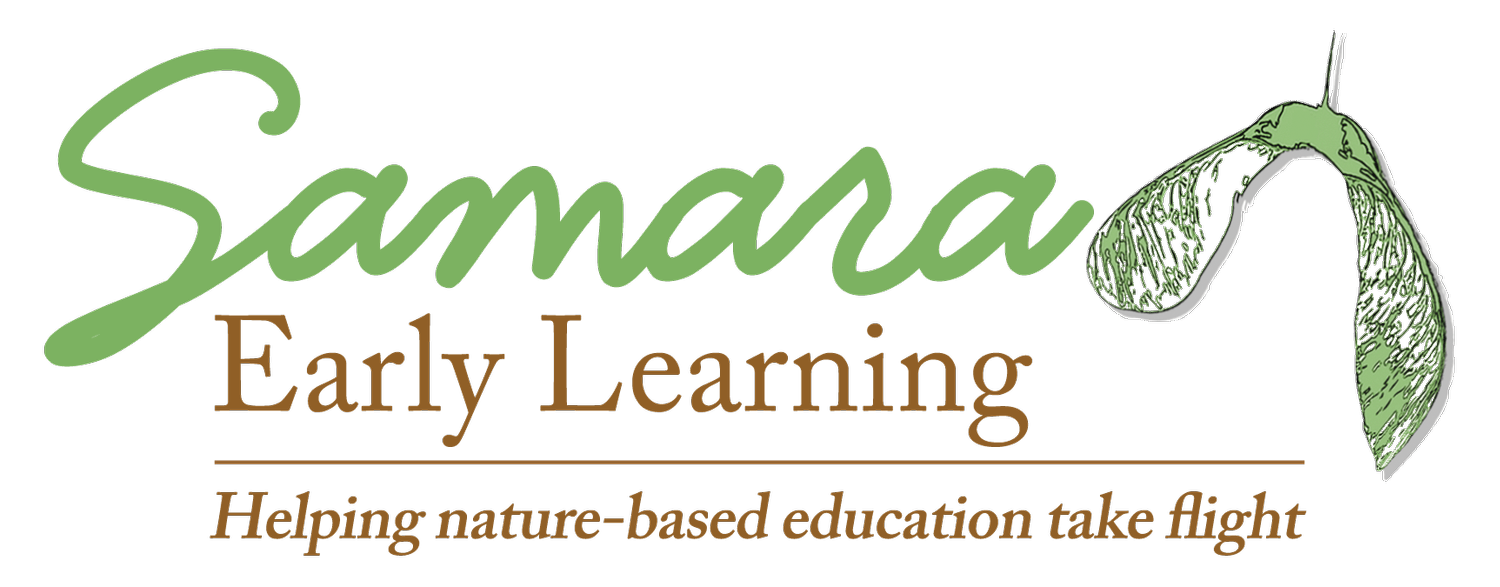Soundscapes: Noticing the sounds of nature
This post originally appeared in Dr. Rachel A. Larimore’s weekly Samara newsletter on April 5, 2022. If you’re interested in receiving these emails, scroll to the bottom of this page to subscribe.
During a Grove live call recently I mentioned the Aldo Leopold quote from A Sand County Almanac: “The months of the year, from January up to June, are a geometric progression in the abundance of distractions.”
I often think of that quote in Spring when the natural world seems to get louder and louder with bird song, frog calls, insects, and so forth. Each of these sounds tells a story and, if we pay attention, the sounds connect us to place.
This was clear to me last week when I was on an airplane listening to Drew Lanham, a wildlife biologist, being interviewed on the podcast On Being with Krista Tippett. Tippett asked Lanham to share a few bird calls.
As he made the sound of a barred owl and a bobwhite quail, I was immediately transported to the woods I used to play in as a child. Every spring when I hear the call of the red-winged blackbird I feel hopeful—likely because, for me, the bird is a harbinger of spring.
We can bring soundscapes to the forefront in children’s learning by noticing sounds ourselves. One example I saw multiple times in my dissertation data was teacher’s mimicking bird calls—not saying a word, simply making the call.
We can also encourage children to notice sounds in nature. This can be done by encouraging moments of silence, mimicking the sounds we hear around us, or creating sound maps.
How else can we encourage children to notice the many and varied sounds in the natural world?
I’d love to hear what successes you’ve had incorporating sounds of the natural world in your program.
By the way, you can see a list of all the books I mention in this newsletter by visiting our Bookshop store here. This includes Drew Lanham’s books The Home Place: Memoirs of a Colored Man’s Love Affair with Nature and Sparrow Envy: Field Guide to Birds and Lesser Beasts which I mentioned in a previous newsletter.
Keep changing lives,
Rachel
Rachel A. Larimore, Ph.D., Chief Visionary of Samara Learning
About Rachel
Dr. Rachel A. Larimore is an educator, speaker, consultant, author, and former nature-based preschool director. As the founder and Chief Visionary of Samara Early Learning her work focuses on helping early childhood educators start nature-based schools or add nature-based approaches into their existing program. Learn more about Rachel here.


